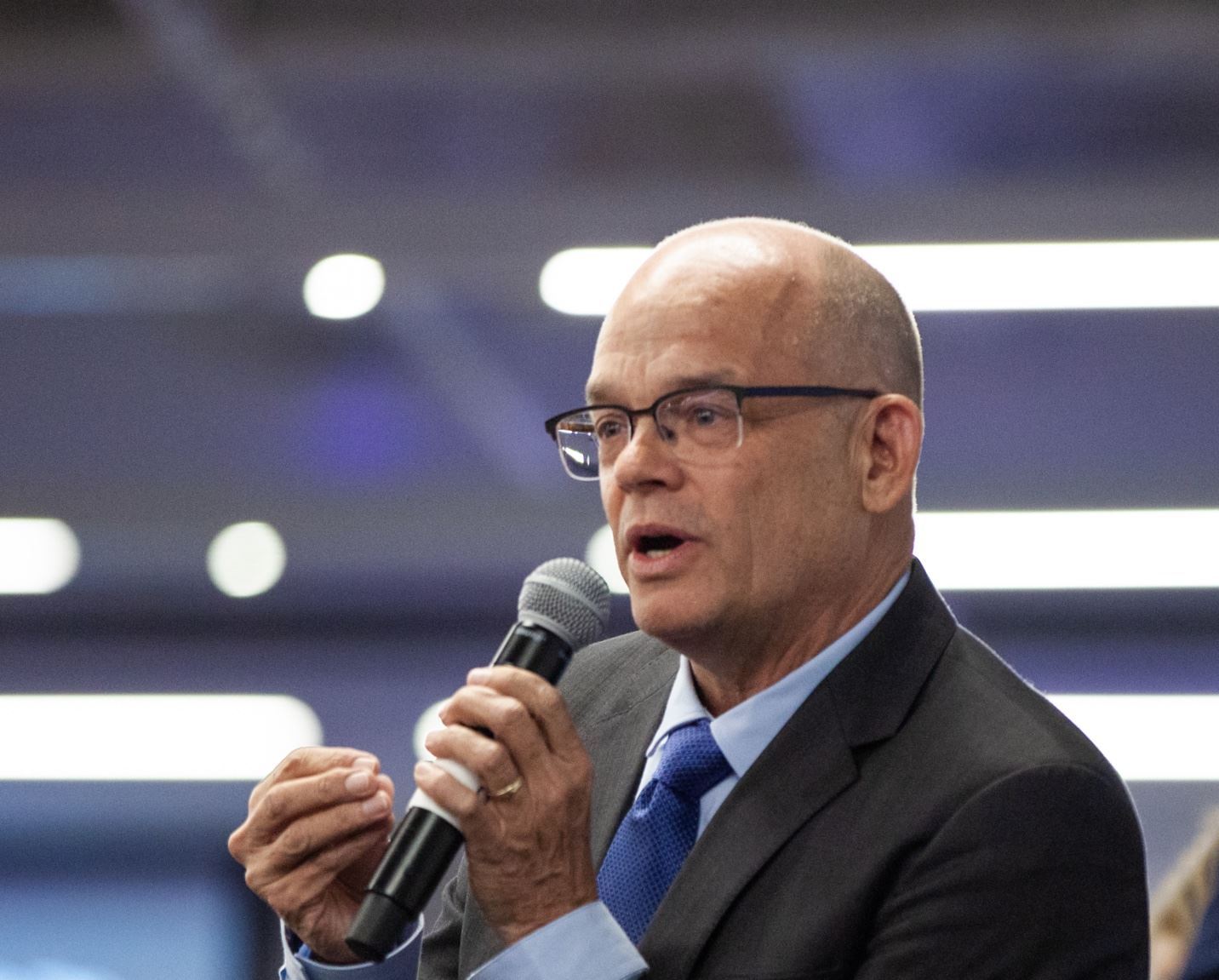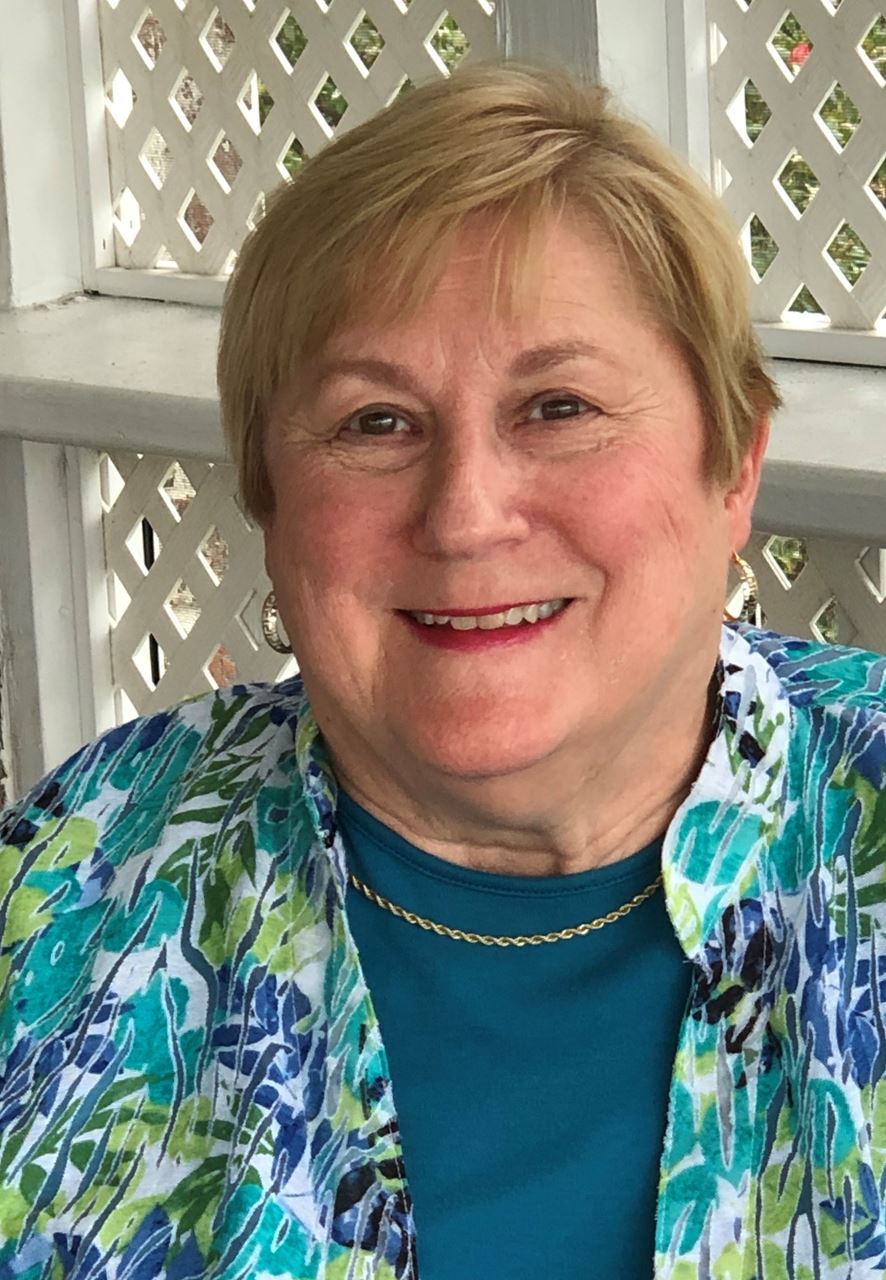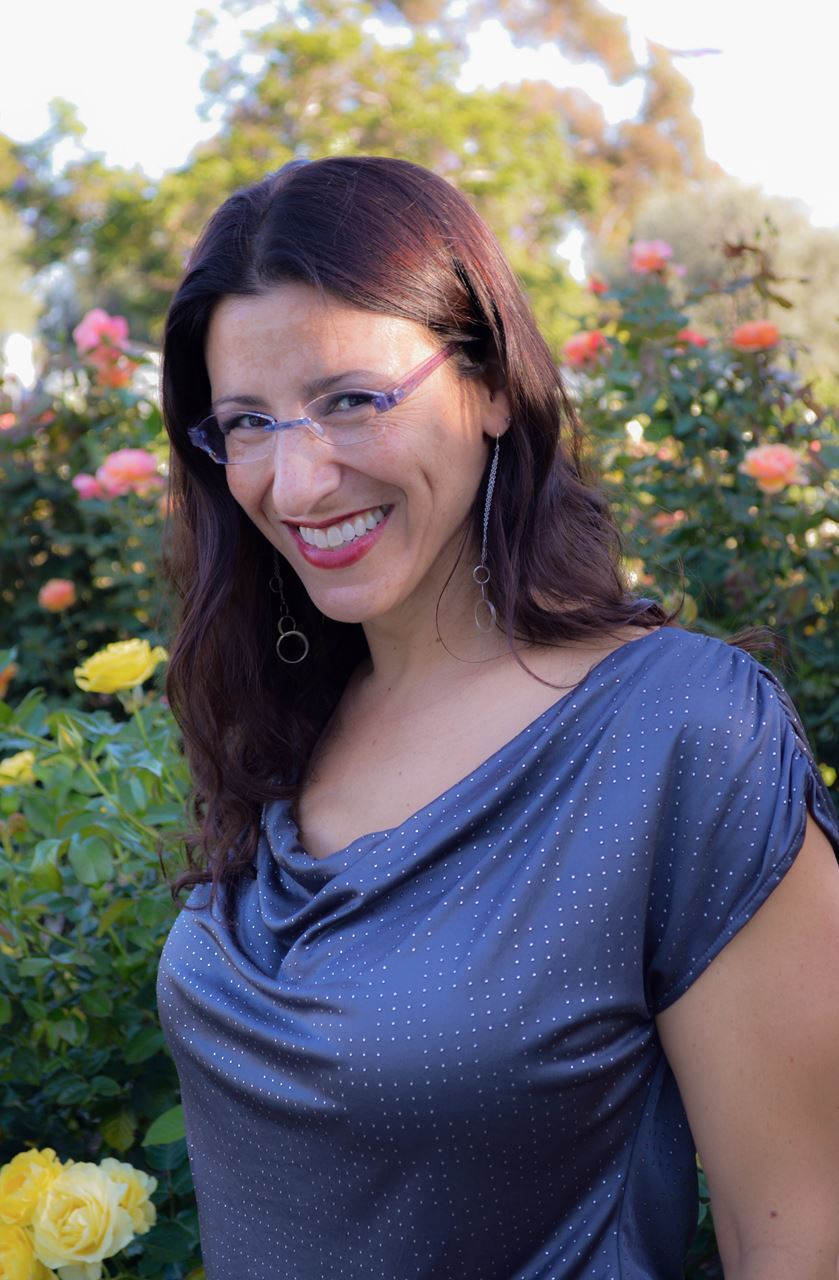INTEGRATING SEXUAL HEALTH INTO CLINICAL PRACTICE
Saturday, October 26, 2019
8:00 AM - 5:00 PM
7:15 am – 8:00 am Registration/Continental Breakfast
REGISTRATION CLOSES 10/23/19
Handlery Hotel
950 Hotel Cir N
San Diego, CA 92108
Negotiating sexuality across our lives is an experience that unites humanity in all its diverse expressions. Sexuality is a factor that is related to psychological and physical well being and risk. Integrating sexuality into clinical practice from the perspectives of sex positivity and intersectionality is the topic of San Diego Psychological Association’s Fall Conference, 2019.
Addressing sexuality in clinical practice requires an approach that acknowledges context, culture, and the complex interactions between them and the individuality of all persons involved. Attendees will obtain knowledge in areas such as sexual health and risk; sexual function and dysfunction; sex positivity; intersections of cultural identity and sexuality; and gender, sexual, and relationship diversity (GSRD.)
KEYNOTE SPEAKER

Sexual Health Conversations: Practical Solutions for Talking about Sex with Every Client
Douglas Braun-Harvey, MFT, CST, CST-S
The Harvey Institute
Today’s clients expect Psychologists and psychotherapists to initiate informed, confident and relevant discussions about sex, yet many unwittingly hinder this expectation. Psychologist, Social Workers, Family Therapists and Drug and Alcohol Treatment Counselors find themselves expected to be skilled in addressing sexual worries, problems or disorders without the mentoring or training in how to confidently talk about sex. Too often the solution to this gap is to avoid the sexual health conversation altogether or refer clients to the local sex expert.
This plenary speaks to mental health professionals motivated to build their confidence and willingness to initiate and facilitate sexual health conversations with their patients. Mr. Braun-Harvey will define sexual health and describe how it is inextricably linked with physical, emotional, relational and mental health. He will introduce six fundamental principles of sexual health, distilled from global sexual health definitions, that provide the language to co-construct psychotherapy sexual health conversations. Lively case examples and Doug’s stories from training professionals in sexual health conversations around the world will prepare conference attendees to maximize their learning and participation in the training.
PLENARY SPEAKER

Medical and Health Factors Affecting Sexuality - 2 AASECT CEs
Joan Sughrue, MEd, BSN, RN
Many professionals educate or counsel in human sexuality or want to be trained in the discipline. The American Association of Sexuality Educators, Counselors and Therapists (AASECT) requires training on the medical/health factors that affect sexual function. This is a requirement for certifi-cation as a sexuality educator, counselor or therapist and meets the core knowledge area (CKA) of item H and item ST4 under sex therapy training. There is an on-going need for professionals to receive this training. Requirements for certification can be found on the AASECT website at www.aasect.org.
This workshop will cover the basics of how medical and health factors affect sexual function. Specific topics to be included are illness, disability, medications, mental health, conception, pregnancy, childbirth, pregnancy termination, contraception, fertility, sexually transmitted dis-eases, sexual trauma/ injury, safer sex practices, life transitions and aging.
INVITED SPEAKERS

Black Masculinity and Sexuality
Yamonte Cooper, Ed.D., LPCC, NCC, CST
Ava DuVernay’s recent Netflix series When They See Us illuminates the story of the innocent Black men once known as the Central Park Five. The series explores the gendered anti-Black racism and disposability that Black men commonly experience and the resulting trauma. This course includes an overview of Black masculinity and sexuality and the evolving field of Black Masculinity Studies. Colonization of Black masculinity includes image domination and lack of representation. This includes the historical construction of Black masculinity and sexuality. Further, Black male vulnerability will be evaluated as well as frameworks such as intersectionality that poorly attempt to describe Black masculinity and sexuality will be critically evaluated. Moreover, Dr. Tommy Curry’s framework of the Man-Not will be centered in the discourse. A focus of the course is the range of theoretical and methodological approaches that scholars have developed to conceptualize Black masculinity and sexuality. The course includes discussions of current topics, controversies, and recent advances in the emerging field of Black Masculinity Studies. Throughout the course, a primary objective will be to consider how our knowledge and understanding of the psychological experiences of Black men can be used to promote psychological health and wellness.
Alternative Sexualities: Rethinking “Normal” In Contemporary Sexual and Relationship Culture
Stacy T. Watnick, Ph.D.

Please join us for a discussion-based workshop designed to address the challenges of clinical work in the rapidly changing climate of sexual exploration, including recognizing our own biases and assumptions about “normal” sexual and relationship behavior. Dr. Watnick will share her multi-axial framework for understanding a diverse range of sexualities and relationship experiences. The discussion will familiarize attendees with the language, labels and cultures of alternative sexual behavior and communities. We will address issues relevant to contemporary sexual and relationship culture, sex and “play”, online communities, dating apps, BDSM/Kink/Fetish/Lifestyle/Swing/Polyamory/Ethical Non-Monogamy, sexting and technology in relationships, sexual and relationship behavior across generational cohorts, culture of geography, and other issues as identified by participants. Recent research in the field of GSRD (Gender, Sexuality and Relationship Diversity) will round out the experience, and ethical considerations will be included in the discussion. A “safe(r) space” model is employed to facilitate respectful dialogue and encourage disclosure of difficult content.
EARLY BIRD REGISTRATION ENDS OCTOBER 15, 2019
(Lunch Box includes Sandwich, chips, cookie and Soda)
| Registration Fees |
Early-Bird
10/15/19 |
REGULAR |
On-Site
10/26/19 |
| Member |
$125 |
$150 |
$200 |
| Member + Box lunch |
$153 |
$178 |
$228 |
| Member Student/Post-Doc |
$60 |
$85 |
$125 |
| Member Student/Post-Doc + Box Lunch |
$88 |
$113 |
$153 |
| Non-Member |
$180 |
$205 |
$255 |
| Non-Member + Box lunch |
$208 |
$233 |
$283
|
| Non-Member Student/Post-Doc |
$85 |
$110 |
$160 |
| Non-Member Student/Post-Doc + Box lunch |
$113 |
$138 |
$188 |
Conflicts of Interest: As an APA-approved sponsor of continuing education, San Diego Psychological Association is committed to the identification and resolution of potential conflicts of interest in the planning, promotion, delivery, and evaluation of continuing education. Please review the conflict of interest guideline below.
APA Guidelines Regarding Potential Conflicts of Interest
Consistent with concepts outlined in the APA Ethical Principles of Psychologists and Code of Conduct, potential conflicts of interest occur when an individual assumes a professional role in the planning, promotion, delivery, or evaluation of continuing education where personal, professional, legal, financial, or other interests could reasonably be expected to impair his or her objectivity, competence, or effectiveness.
CE Grievance Procedure
SDPA is fully committed to conducting all activities in strict conformance with the APAs Ethical Principles of Psychologists. SDPA will comply with all legal and ethical responsibilities to be non-discriminatory in promotional activities, program content and in the treatment of program participants.
See CE Grievance Procedure.
Attendance Policy: CE Credit and Certificates will not be issued to those who arrive later than 10 minutes or leave early from any course scheduled time. This policy is strictly enforced to ensure compliance with APA Guidelines.
Cancellation Policy: No refund will be given to any registered individual who is a no-show to a course. Any individual canceling within 72 hours of a course will be refunded 50% of the course fee.
ADA Compliant venue for accessibility accommodations contact Tami Magaro - sdpa@sdpsych.org.
 American Psychological Association
American Psychological Association
The San Diego Psychological Association (SDPA) is approved by the American Psychological Association (APA) to sponsor continuing education for psychologists. SDPA maintains responsibility for this program and its content.
LCSW, LFMT, LEP & LPCC
In California, APA approved CE’s are valid for licensed psychologists, licensed school psychologists, LCSW, LMFT, LEP & LPCC licensees. Though APA is a national organization, the out of state licensee should check with their state governing board to make sure that APA approved CE'’s are valid in their state for their license.
See SDPA Website Continuing Education Policies.